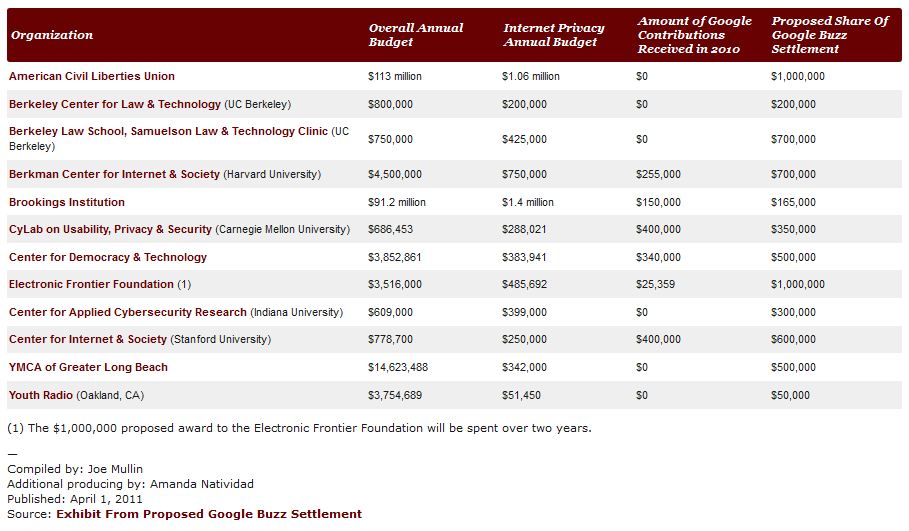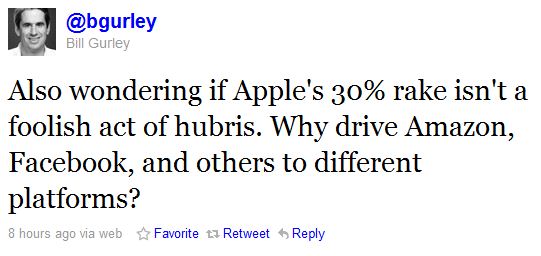It remains unclear how interested the Federal Trade Commission (FTC) is in bringing a formal antitrust action against Google, but we at least know that inquiries have been made. I suspect these inquires are far more serious than whatever the agency is fishing for with its new Twitter inquires. After all, as I note in my latest Forbes column, “Google isn’t even a teenager yet (having only been founded in September 1998), but the firm’s rise has been meteoric and it has made a long list of enemies in the process. Practically every major player in the Digital Economy… is gunning for Google these days, both in the commercial and political marketplace.” In this sense, it’s not surprising the FTC might take a keen interest in the company with so many competitors complaining.
Still, I just can’t find much merit in an antitrust case against Google since, as I noted in my column, “The firm’s success seems tied to high quality products that users prefer over rival services. Importantly, barriers to entry are low: there’s nothing stopping new entrants from innovating and offering competing online services to match Google.”
Regardless, instead of arguing about the merits of an antitrust action against Google, let’s consider the more interesting, and I think intractable, question of remedies. Here’s what I had to say about that in my Forbes essay: Continue reading →




 The Technology Liberation Front is the tech policy blog dedicated to keeping politicians' hands off the 'net and everything else related to technology.
The Technology Liberation Front is the tech policy blog dedicated to keeping politicians' hands off the 'net and everything else related to technology.